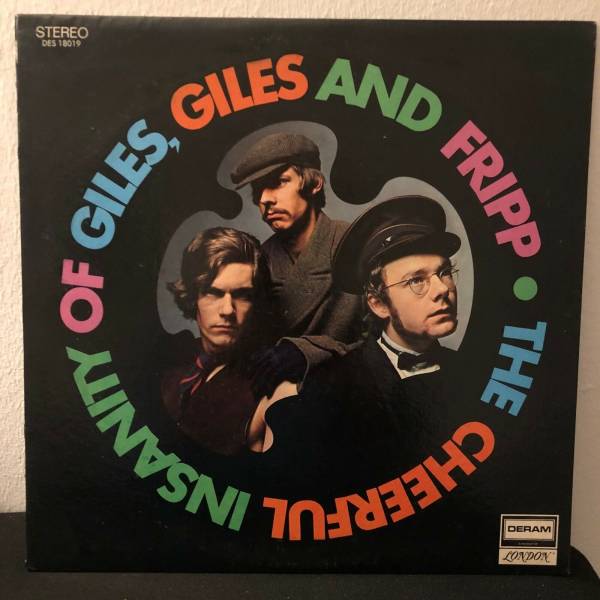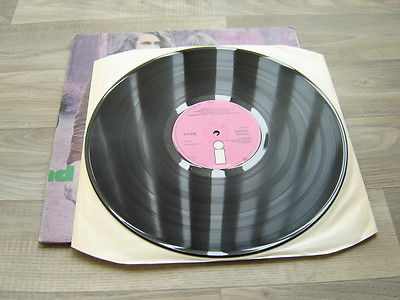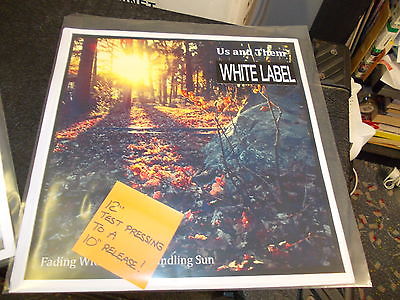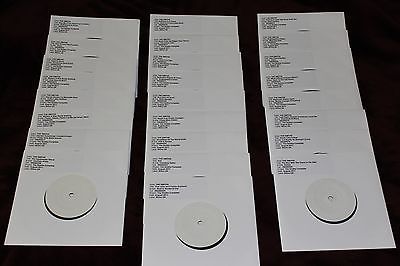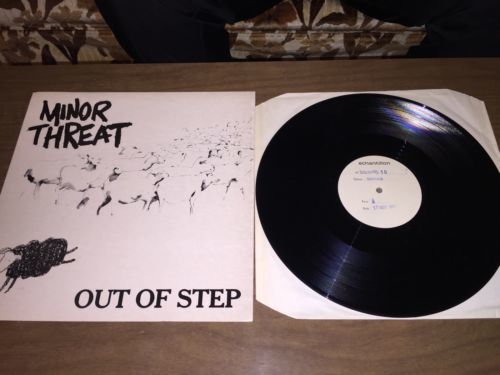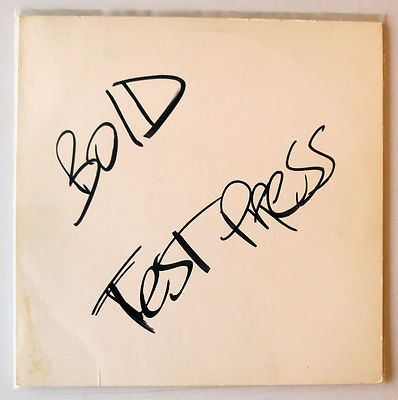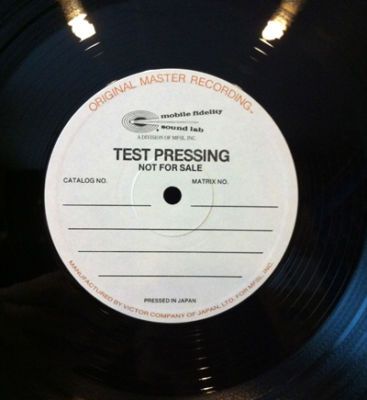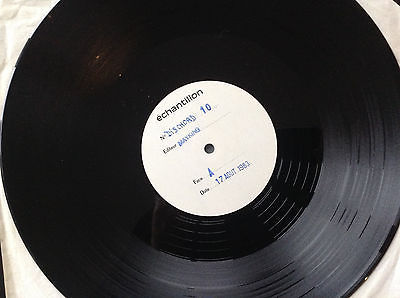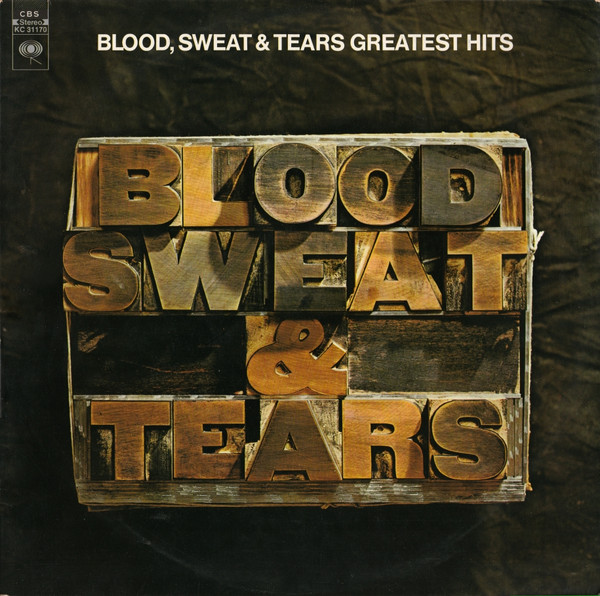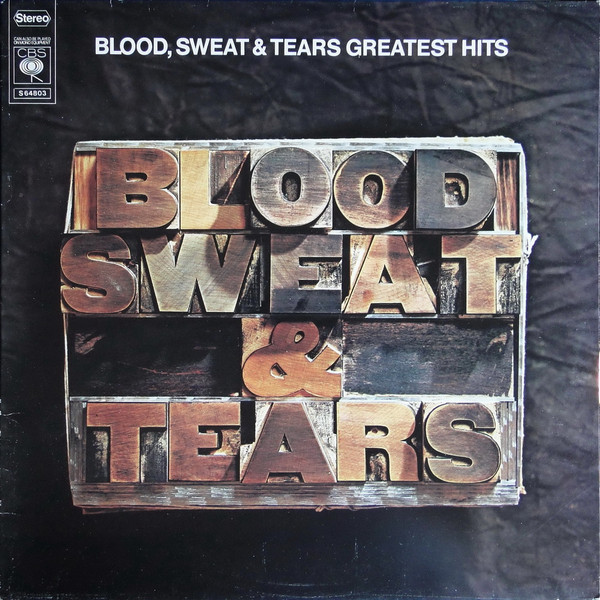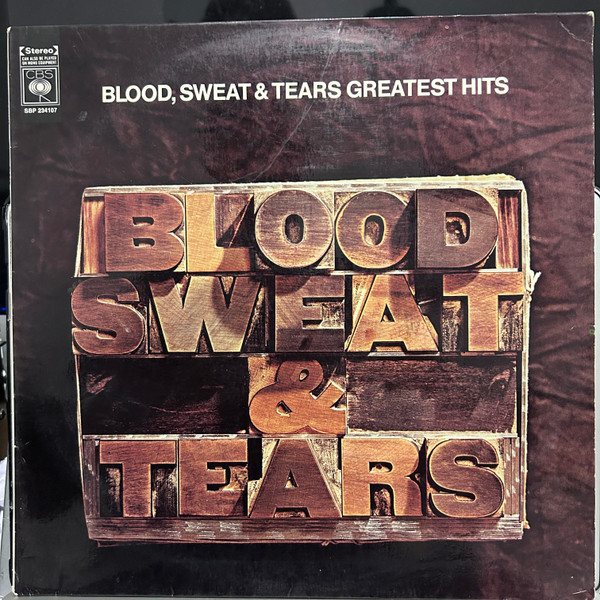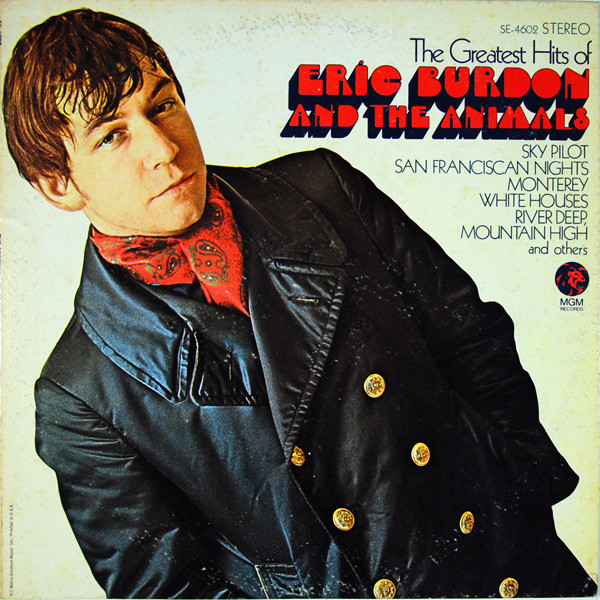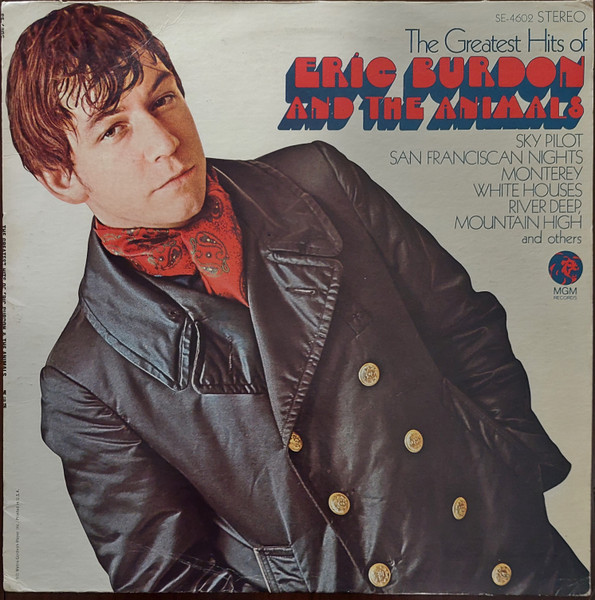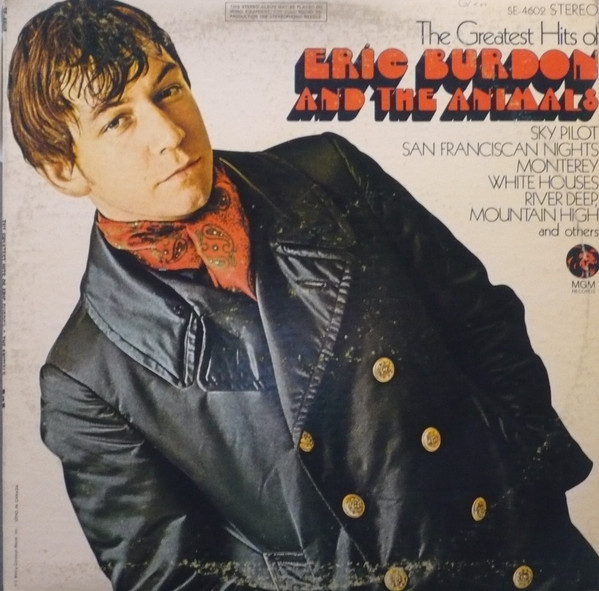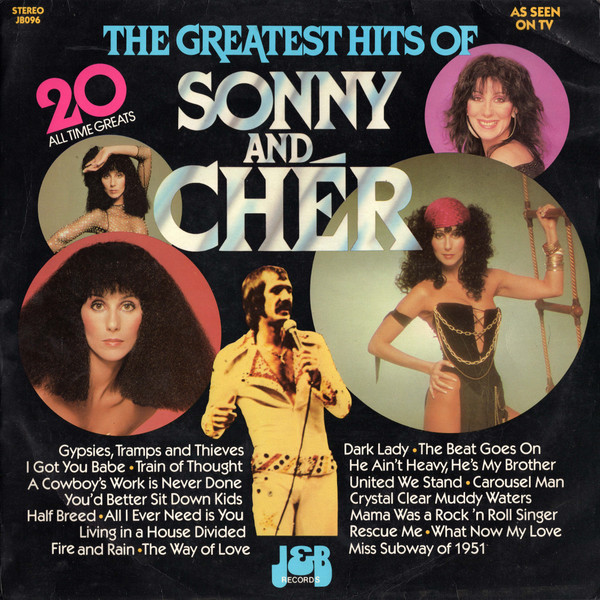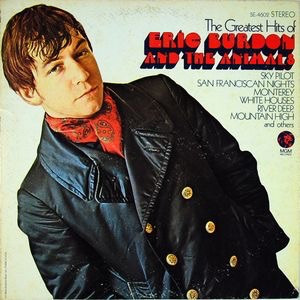Giles, Giles And Fripp The Cheerful Insanity Of... Rare 1968 Test Pressing Lp
This item have been sold for $ 496.06
Item Description
Giles, Giles And Fripp The Cheerful Insanity Of Giles, Giles And Fripp - I SWORE I WOULD NEVER SELL THIS
Giles, Giles And Fripp The Cheerful Insanity Of Giles, Giles And Fripp
When the group formed in their native Bournemouth area the Giles brothers sought a singing keyboard player through a newspaper advertisement. Robert Fripp, a guitarist, responded and was hired even though he was not skilled on keyboards and couldn t sing. Between late 1967 and late 1968 the group lived in Brondesbury Road, London. Throughout their time at the house they made many demo recordings. The early demos soon led to a recording contract with UK Decca s newly formed Deram Records division.
In April 1968 the group recorded an album The Cheerful Insanity of Giles, Giles and Fripp and two singles, all of which sold poorly. In autumn 1968 the group added Ian McDonald on saxophone, flute and clarinet, and former Fairport Convention vocalist Judy Dyble. Ian McDonald s clarinet overdubs were added to the single version of Thursday Morning . Deram then rejected their next studio sessions including She Is Loaded and Under the Sky . These later recordings have since been released as bonus tracks on a CD reissue of the album. Dyble did not appear on any of the Deram recordings.
On 9 September 1968 BBC radio aired an episode of My Kind of Folk produced by Frances Line where Giles, Giles and Fripp backed singer songwriter Al Stewart. Having recently joined the band Ian McDonald played organ on this session. The songs played were: You Should Have Listened to Al , Manuscript , Old Compton Street Blues , Room of Roots , and In Brooklyn . A recording of this session 21 minutes total exists. citation needed
The group continued to record at home Dyble was only with the group for a short time but did perform with the group on a few songs including Make It Today and demo versions of Under The Sky and I Talk to the Wind . One of the melodies from Passages of Time was later re-used for Peace - An End on the second King Crimson album, In the Wake of Poseidon. A collection of the home recordings was released in 2001 as The Brondesbury Tapes. The demos were made on a high quality two track Revox recorder which was modified to allow for overdubs. Though the finished recordings are mono some have excellent sound which is close to studio quality for the period. 1
In late 1968 Peter Giles left the group. Michael Giles, Robert Fripp and Ian McDonald went on to form the first line-up of King Crimson, rounded out by bassist/vocalist Greg Lake and lyricist Peter Sinfield. Peter Giles would go on to appear on the second Crimson album, In the Wake of Poseidon in 1970, and more recently joined with 21st Century Schizoid Band. Dyble would go on to form the duo Trader Horne. In 1971, Michael Giles and Ian McDonald released an album together as McDonald and Giles, which Peter Giles also played bass on.
AllMusic Review by Lindsay Planer
This pre-King Crimson aggregate involves the talents of Michael Giles drums/vocals , Peter Giles bass/vocals , and Robert Fripp guitar/vocals accompanied by a plethora of studio musicians -- most notably keyboardist Nicky Hopkins and backing vocalists the Breakaways. By any standards The Cheerful Insanity of Giles, Giles Fripp is one of the more eclectic albums to have been issued during the psychedelic rock movement of the late 60s. The album was initially issued in September of 1968 on the Decca Records subsidiary Deram -- whose releases were aimed specifically at the alternative or progressive rock market. That said, this disc is a far cry from the type of material that other artists on the label such as the Moody Blues, Caravan, or Pacific Drift were concurrently issuing. The original record album was divided into two sections: The Saga of Rodney Toady and Just George, which were named after the respective spoken word pieces that link the musical works on the A- and B-sides. Musically, Giles, Giles Fripp are wholly unlike anything before or since. Drawing upon folk, classical, pop, and even sacred music, each track brings a fresh listening experience. Among the highlights is the leadoff track, North Meadow, which features some stunning fretwork from Fripp. Likewise, Call Tomorrow is a trippy noir tale involving an ambiguous practical joke. The classically influenced instrumental Suite No. 1, as well as another one of Fripp s more esoteric compositions, Erudite Eyes, likewise bear some semblance of sounds to come from the trio. While not everyone s cup of tea, there is a tremendous amount to enjoy on The Cheerful Insanity of Giles, Giles Fripp for those whose expectations are not of King Crimson, but rather of lighthearted and decidedly folksy English tales. Parties interested in this disc should likewise be advised of The Brondesbury Tapes, which is a collection of semiprofessional demos made by this trio and original Fairport Convention vocalist Judy Dyble vocals and soon-to-be King Crimson member Ian McDonald flute/sax .
